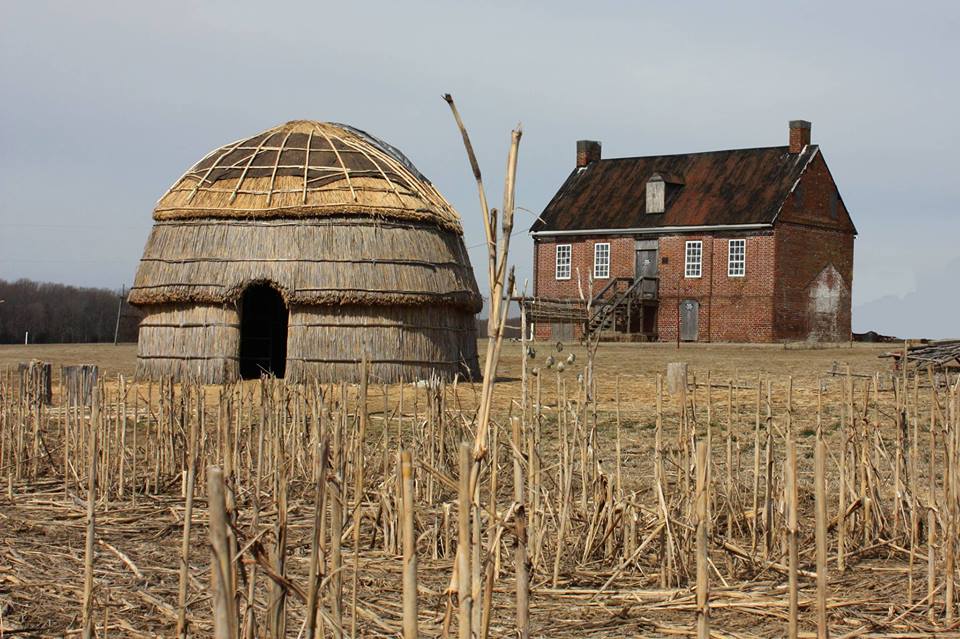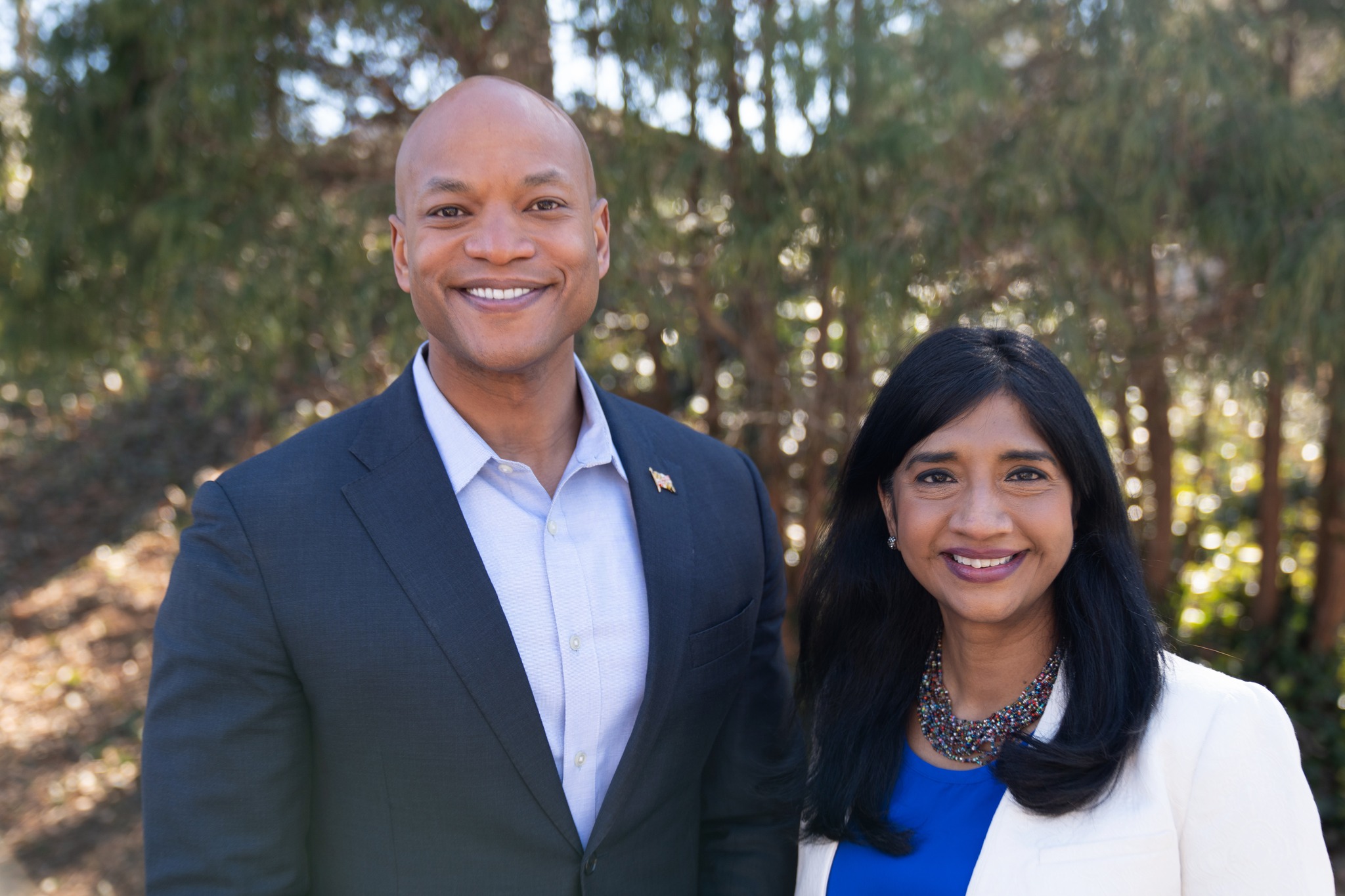“History, despite its wrenching pain, cannot be unlived, but if faced with courage, need not be lived again.” – Maya Angelou
Today, citizens from across Maryland, representing every background, race, creed, and culture will assemble in Annapolis to witness the inauguration of a new governor. Westley Watende Omari Moore will ascend the steps of Maryland’s iconic statehouse to take the oath of office on a bible once owned by Frederick Douglas.

Frederick Douglass’ bible. Courtesy National Park Service.
Every aspect of the inauguration has been purposely and carefully imbued with a sense of history – from the bible owned by a Maryland born American icon to the man who will become governor himself – who will be forever remembered as the first Black man to hold that office. Inaugurations are moments where history is what we’re both recognizing and making.
However, the acknowledgment, appreciation, and elevation of history need not stop once the inauguration concludes. If anything, this moment should remind all who value the power of history that we are engaged in critical work and in Governor Wes Moore and his new administration we have an opportunity for partnership to put history at the heart of what our new governor calls the Maryland Decade.
We can use history – and our communities, museums, and open spaces – as backdrops to explain from where we sprang and where we could go. We can use the upcoming 250th anniversary of American independence as a moment to stop and reflect on the changing definition of freedom and what it will mean for generations yet unknown. We can use historic places and communities to help address some of Maryland’s most intractable challenges – from creating affordable housing to holding the line on the carbon warming our globe.

Indigenous Chicone-style structure with brick plantation house, Handsell (Dorchester County), in background.
Perhaps most importantly, we can use history and historic places to bring Marylanders together. A comprehensive study recently conducted by the organization More in Common found that,
“A clear majority of Americans want American history to be taught in ways that include both the inspiring and the shameful and that allows students to learn from the past without feeling guilty or disempowered by the actions of prior generations.”
Given Governor Moore’s emphasis on leaving no one behind – we should endeavor to explore, interpret, and preserve history that leaves no one behind in the dusty footnotes of our past. And, while elevating untold stories, we should also bring modern Marylanders from every walk of life along in our exploration of the past in a way that allows us to learn and grow together. As Maya Angelou so eloquently explained, history “cannot be unlived” – but if together we face our past with courage, need not be “lived again.”

Harriet Tubman Historic Marker in Dorchester County
As historians, preservationists, community activists and those who appreciate our past, this is our charge and our moment to rededicate ourselves to Maryland history at a time when history is being made all around us.

